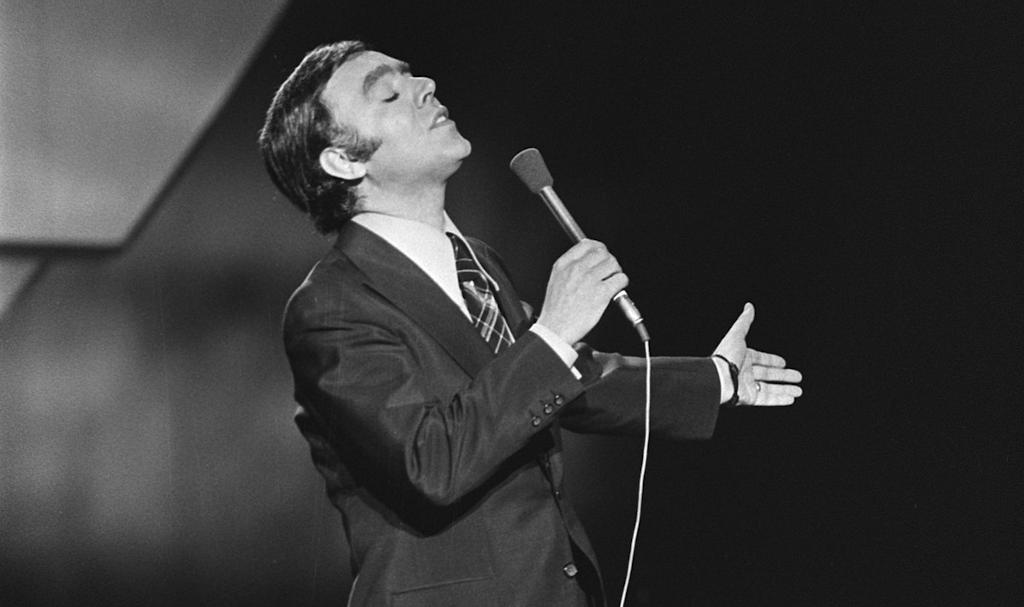As a young man, Carlos do Carmo immersed himself in Lisbon's Fado houses, where he honed his skills and perfected his artistry. These intimate venues, scattered throughout the city, provided the backdrop for his early performances, allowing him to develop his unique style and captivate audiences with his soul-stirring voice. Through his heartfelt renditions of traditional Fado songs, Carlos do Carmo began to establish himself as a rising star in Lisbon's Fado scene.
OIn 1963, Carlos do Carmo released his first album, "Mario Simões e sua guitarra," showcasing his ability to breathe new life into traditional Fado songs while staying true to the genre's roots. The album was well-received by critics and audiences alike, establishing Carlos as a promising artist with a unique artistic vision.
Over the years, Carlos do Carmo's career soared to new heights. He collaborated with esteemed composers and lyricists, infusing his performances with a contemporary touch without compromising the essence of Fado. His interpretations became synonymous with authenticity, emotion, and storytelling, earning him a devoted fan base and critical acclaim both in Portugal and internationally.
One of Carlos do Carmo's most iconic performances came in 1976 when he represented Portugal in the Eurovision Song Contest with the song "Uma Flor de Verde Pinho." Although he didn't win the competition, his passionate delivery and the poetic beauty of the song left a lasting impression on audiences, solidifying his status as a national treasure.
Throughout his illustrious career, Carlos do Carmo released numerous albums, each a testament to his artistic growth and unwavering dedication to Fado. His discography includes masterpieces like "Um Homem na Cidade" (1977), "Carlos do Carmo" (1986), and "Fado Maestro" (1998), among others. These albums not only showcased his exceptional vocal abilities but also highlighted his ability to select timeless repertoire that resonated with audiences of all generations.
Lisbon.vip Recommends
In recognition of his immense contributions to music, Carlos do Carmo received numerous awards and accolades throughout his career. In 2014, he was awarded the Latin Grammy Lifetime Achievement Award, a fitting tribute to his remarkable body of work and his enduring impact on the world of music.
Sadly, on January 1, 2021, Carlos do Carmo passed away, leaving a void in the hearts of his fans and the music industry. However, his legacy lives on through his timeless recordings and the countless artists he inspired. His artistry, authenticity, and unwavering commitment to Fado continue to serve as a guiding light for future generations of musicians.
Carlos do Carmo will forever be remembered as the voice of Lisbon's soulful melodies. His music transcended boundaries, connecting people through a shared appreciation for the beauty of Fado and the emotional intensity it evokes. His legacy serves as a reminder of the power of music to unite, to heal, and to celebrate the cultural heritage of a city. Lisbon will forever be grateful for the gift of Carlos do Carmo and the indelible mark he has left on its musical landscape.



